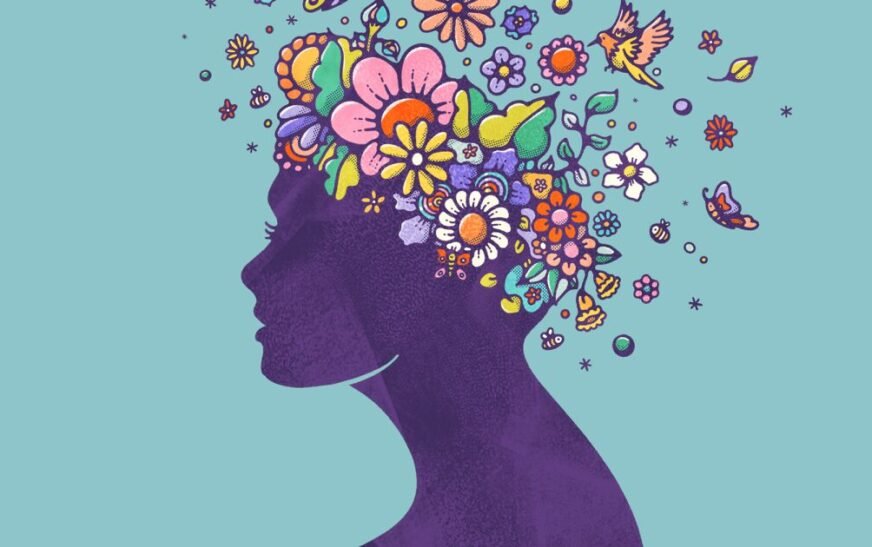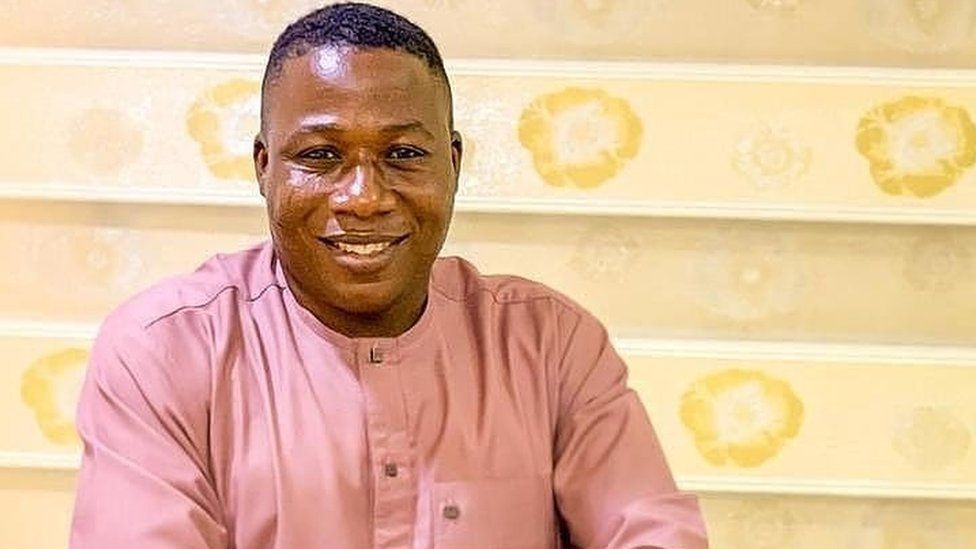By Ariwodo Chidinma Favour
Mental health is an essential part of overall well-being, but in Nigeria, it often remains misunderstood, neglected, and stigmatized. With the growing awareness of mental health challenges, it is crucial for Nigerians to develop coping strategies, seek appropriate resources, and dismantle the stigma that surrounds mental illness.
- Acknowledge the Reality of Mental Health Challenges
The first step in addressing mental health issues is recognizing that they are real, valid, and can affect anyone regardless of age, status, or background. Conditions such as anxiety, depression, and post-traumatic stress disorder (PTSD) are not signs of weakness or failure, but treatable conditions that require support and understanding.
- Break the Stigma Through Education and Conversation
Mental health stigma in Nigeria is deeply rooted in cultural misconceptions, often leading to isolation and neglect of those suffering. A collective effort to normalize conversations around mental health is necessary. Families, communities, religious leaders, and media outlets should actively promote education about mental health to combat misinformation and promote empathy. Public discussions can also encourage those who are suffering in silence to seek help without fear of judgment.
- Seek Professional Support
In Nigeria, access to mental health professionals is improving, with a growing number of psychiatrists, psychologists, and counselors available for consultation. Organizations like the Mentally Aware Nigeria Initiative (MANI) and She Writes Woman offer resources for connecting with mental health professionals. It’s essential to prioritize seeking professional care rather than relying solely on traditional methods or self-medication. Many hospitals and clinics across the country now offer mental health services, and telehealth options have made accessing care more convenient.
- Utilize Hotlines and Community Resources
Several mental health helplines exist in Nigeria to provide immediate support for those in crisis. The Nigeria Suicide Prevention Initiative and Mani’s Crisis Helpline are examples of free resources that provide counseling, advice, and referrals to appropriate services. These hotlines offer a confidential and accessible first step for those unsure where to turn.
- Build Strong Support Networks
Isolation often exacerbates mental health challenges. Building and maintaining supportive networks—whether through family, friends, or trusted community members—is crucial. Engaging in open conversations with loved ones and finding strength in collective experiences can foster a sense of belonging and reduce feelings of loneliness. Religious groups, peer support groups, and online communities can also serve as safe spaces for those dealing with mental health concerns.
- Adopt Healthy Coping Mechanisms
Developing healthy coping mechanisms can significantly improve mental well-being. Regular exercise, adequate sleep, proper nutrition, and engaging in hobbies that bring joy can all contribute to managing stress and boosting mood. Mindfulness practices, such as meditation and deep breathing exercises, have also been shown to reduce anxiety and promote relaxation.
- Advocate for Mental Health Policy and Services
While individual efforts are important, structural changes are necessary to improve mental health care in Nigeria. Advocating for better policies, more mental health professionals, and increased funding for mental health services will ensure that support is accessible to all Nigerians. Legislation like the Mental Health Act is a positive step forward, but sustained advocacy is needed to ensure its effective implementation.
READ ALSO: Ihesiulo Grace Amarachi – CEO of AdaEventsNews Nigeria
- Recognize the Power of Faith and Spirituality
For many Nigerians, spirituality plays a key role in their lives. Faith-based communities can provide emotional and psychological support, offering a sense of purpose, hope, and community. While religious support can be valuable, it is important to complement it with professional mental health care when necessary.
Meanwhile, The news item concerned a group of Kenyans who had filed a case in a Kenyan court, requesting Chief Justice Martha Koome to ‘establish a bench’ to assess President William Ruto’s mental fitness. They invoked Article 144 of the Kenyan Constitution, which, according to them, ‘allows for the removal of a president due to mental or physical incapacity’.
If the ‘prayer’ of the group sounds at least plausible thus far, leaving the reader curious to go on to look at the premises on which such a portentous request is being made, what follows immediately takes the logic down from the mainstream psychiatric descriptions that might have been expected to build a cogent case of mental incapacity to street-level politicking, and subjective controversy.
According to the petitioners, Kenya has become a police state under the president. The Parliament has been effectively disembowelled, leaving its timorous members without the courage to be the ones to initiate this medical recall’ of their president, ‘as required by law’. The central premise of their case is that the president is guilty of ‘excessive lying’.







